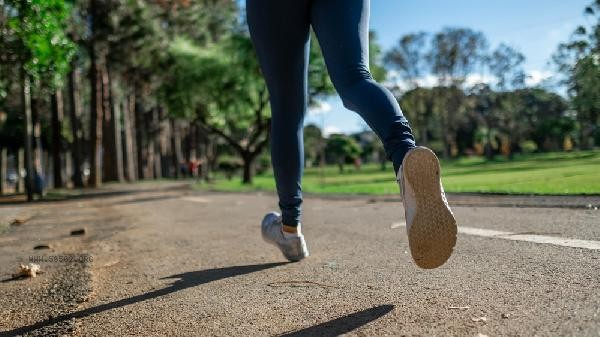The more you exercise, the more likely you are to catch a cold, which may be related to excessive exercise intensity, insufficient nutrient intake, temporary suppression of the immune system, insufficient rest, environmental factors, etc. Moderate exercise can help enhance immunity, but overtraining or insufficient recovery may temporarily lower resistance.

1. Excessive exercise intensity
After high-intensity or prolonged exercise, the body enters an immune window period, during which immunoglobulin levels briefly decrease and viruses are more likely to invade. It is recommended to control the duration of a single exercise session, avoid intense exercise exceeding 90 minutes, and adopt a training mode of alternating high and low intensity.
2. Insufficient nutrient intake
Failure to timely supplement high-quality protein and vitamin C nutrients after exercise can affect immune cell regeneration. The daily protein requirement for fitness enthusiasts is 1.2-1.7 grams per kilogram of body weight, which should be balanced through foods such as eggs, fish, and beans. Supplementing with a mixture of carbohydrates and protein within 30 minutes after exercise is more effective.
3. Immune system suppression
Stress hormones such as cortisol increase after intense exercise, temporarily inhibiting lymphocyte activity. Arranging 2-3 days of recovery period per week, engaging in low-intensity activities such as yoga and walking, can help restore hormone balance.

4. Lack of rest
Lack of sleep for 7 hours significantly reduces the activity of natural killer cells. During the fitness period, it is recommended to ensure 7-9 hours of deep sleep every day, and after training, appropriate meditation or warm water baths should be taken to help the body enter a recovery state.
5. Environmental factors
The enclosed environment of the gym is prone to spreading pathogens, and the respiratory mucosa is easily stimulated by cold air during outdoor sports in winter. Choose periods with low foot traffic for training, breathe through your nose and wear a breathable face mask during outdoor activities, and change to dry clothes promptly after exercise. Fitness enthusiasts should pay attention to the balance between training and recovery, and arrange at least 1-2 days of complete rest per week. Monitor the resting heart rate before and after exercise, and adjust the plan if it continues to be higher than the daily baseline value. Add foods rich in β - glucan and antioxidants such as mushrooms and dark vegetables to your diet, and supplement with vitamin D in winter. When you experience cold symptoms, you should pause high-intensity training and switch to stretching or breathing exercises. If you continue to have a fever, seek medical attention promptly. Establishing training logs to record physical responses can help detect abnormal immune system signals in a timely manner.







Comments (0)
Leave a Comment
No comments yet
Be the first to share your thoughts!